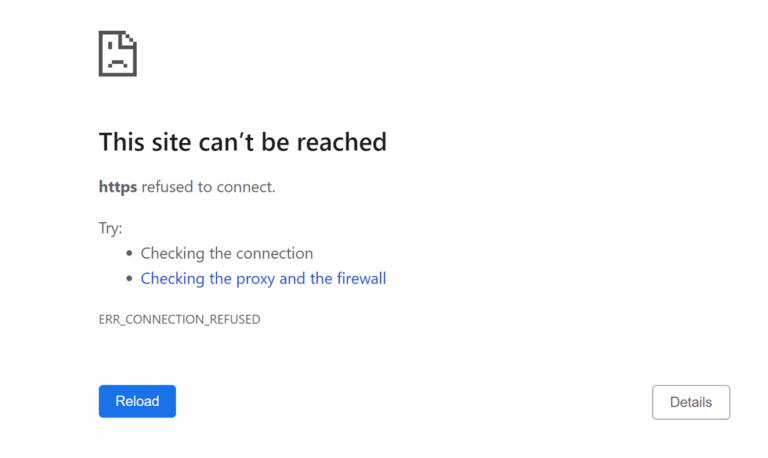How to Overcome Data Privacy Issues in Digital Marketing
Digital marketing thrives on data-driven insights to craft personalized user experiences, refine campaign strategies, and maximize conversions. However, escalating concerns over data privacy breaches have led to stringent regulations such as GDPR, CCPA, and the ePrivacy Directive, imposing strict controls on how businesses collect, process, and store consumer information.

To sustain trust, compliance, and competitive edge, companies must embrace privacy-first strategies that safeguard user data while preserving marketing efficiency and effectiveness.
Why Data Privacy Matters in Digital Marketing
With growing awareness of data security risks, consumers now demand greater transparency in how their information is handled. Unauthorized data usage can result in severe legal repercussions, reputational damage, and diminished customer trust.
To address these growing concerns, marketers must carefully balance personalization and privacy, ensuring data is collected ethically, securely, and in full compliance with regulatory standards. Upholding transparency and responsible data practices is essential to maintaining consumer trust and long-term brand credibility.
What are the Best Practices for Handling Data Privacy in Digital Marketing
Effective data privacy management in digital marketing revolves around maintaining consumer trust, regulatory compliance, and responsible data handling. Ensuring privacy-first strategies strengthens brand credibility and minimizes risks. Here’s how businesses can effectively manage data privacy in digital marketing:
Implement Transparent Data Collection Policies
Clear and transparent communication about data collection fosters trust. Businesses should implement explicit consent mechanisms, such as cookie banners and opt-in forms, that clearly outline what data is collected e.g., name, email, location, how it is used like advertising, analytics, personalization, and who has access like third-party vendors, and internal teams. Additionally, offering a simple opt-out option reassures users and reinforces brand credibility
Comply with Global Data Privacy Regulations
Businesses must align with data protection laws based on their audience’s location:
- GDPR (General Data Protection Regulation) – Europe: Requires user consent before collecting personal data.
- CCPA (California Consumer Privacy Act) – U.S.: Allows users to request data deletion.
- PIPEDA (Personal Information Protection and Electronic Documents Act) – Canada: Mandates businesses to safeguard user data.
Regularly updating privacy policies and security measures ensures continued compliance and minimizes legal risks.
Shift to First-Party Data Strategies
With third-party cookies disappearing, first-party data, collected directly from users, has become the foundation of digital marketing. Businesses should encourage sign-ups through newsletters, loyalty programs, and gated content, leverage AI-driven predictive analytics for personalization without invasive tracking, and optimize CRM systems for secure and efficient data segmentation.
This strategy minimizes dependence on external data sources while strengthening customer relationships and trust.
Adopt Privacy-Focused Analytics and Tracking
Traditional tracking methods are being replaced by privacy-friendly alternatives like:
- Google Consent Mode: Ensures compliance while tracking essential user data.
- Server-Side Tracking: Reduces browser dependency and improves security.
- Federated Learning of Cohorts (FLoC): Google’s AI-based grouping system for interest-based marketing.
By shifting to privacy-centric analytics, marketers can balance personalization and compliance.
Strengthen Data Security Measures
To safeguard against data breaches and cyber threats, businesses must implement robust security measures, including SSL/TLS encryption to protect customer data, two-factor authentication (2FA) for securing sensitive accounts, and regular audits to identify vulnerabilities in data storage.
Additionally, restricting access permissions to essential personnel minimizes risk. These proactive steps fortify data security and ensure customer information remains protected from unauthorized access.
Utilize Consent-Based Targeting
Instead of tracking users without consent, marketers should implement permission-based marketing tactics such as:
- Preference Centers: Allow users to customize data-sharing preferences.
- Zero-Party Data Collection: Gather direct feedback through surveys and quizzes.
- Contextual Targeting: Display relevant ads based on website content instead of personal data.
These strategies provide personalization without violating privacy norms.
Educate Users About Their Data Rights
Transparency extends beyond compliance, it strengthens credibility and trust. Brands should present clear privacy policies in simple language, offer self-service data controls such as access requests and opt-out options, and provide regular privacy updates to keep users informed. By embedding data privacy into their core values, businesses cultivate long-term customer loyalty and confidence.
What is the Future of Data Privacy in Digital Marketing
As AI advances and regulations evolve, the future of privacy-first marketing will rely on innovative solutions. Cookieless advertising, driven by initiatives like Google’s Privacy Sandbox, enables anonymous tracking without compromising user data. Blockchain technology enhances security through decentralized data storage, ensuring greater transparency.

Meanwhile, AI-powered anonymization allows for personalized experiences without exposing personal information. Embracing ethical data practices will be key to sustaining long-term success in digital marketing.
Final Thoughts
Data privacy is now the cornerstone of sustainable digital marketing. Companies that fail to adopt privacy-first strategies risk not only legal consequences but also eroding customer trust and brand credibility. Transparency, ethical data collection, and security-driven marketing are no longer competitive advantages, they are necessities.
As AI-driven solutions and cookieless advertising reshape the landscape, businesses that prioritize compliance and consumer protection will lead the industry. The future of marketing belongs to brands that respect data privacy, build trust, and innovate responsibly.






